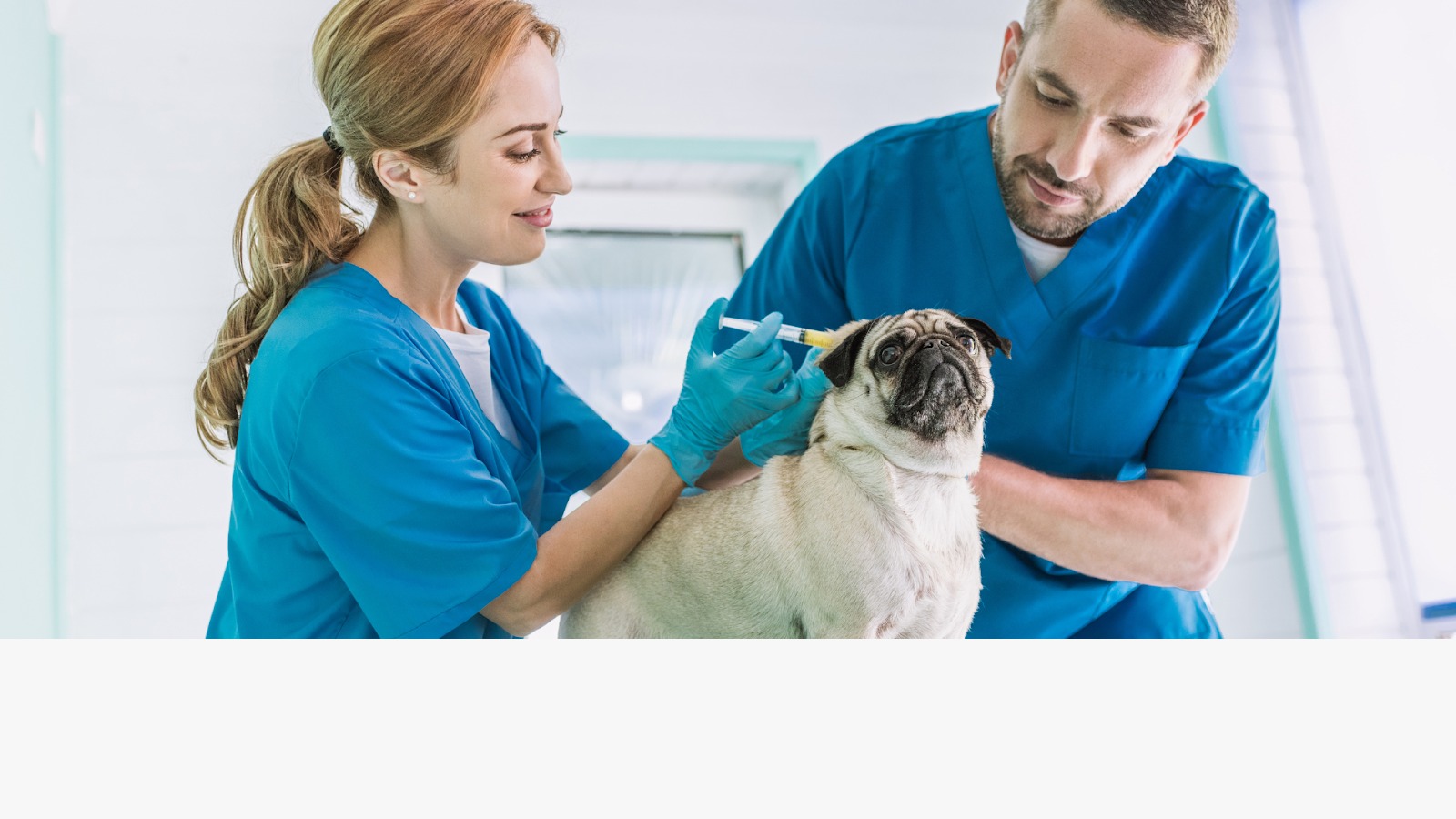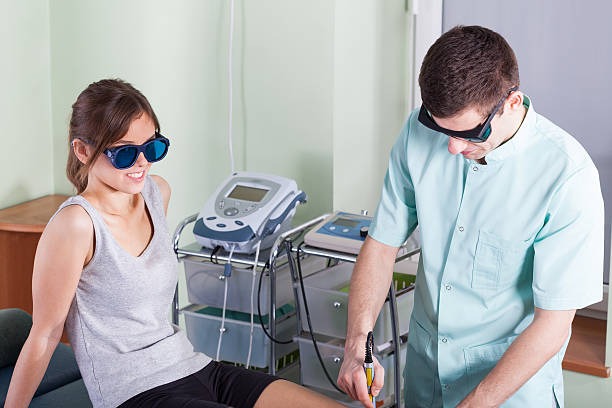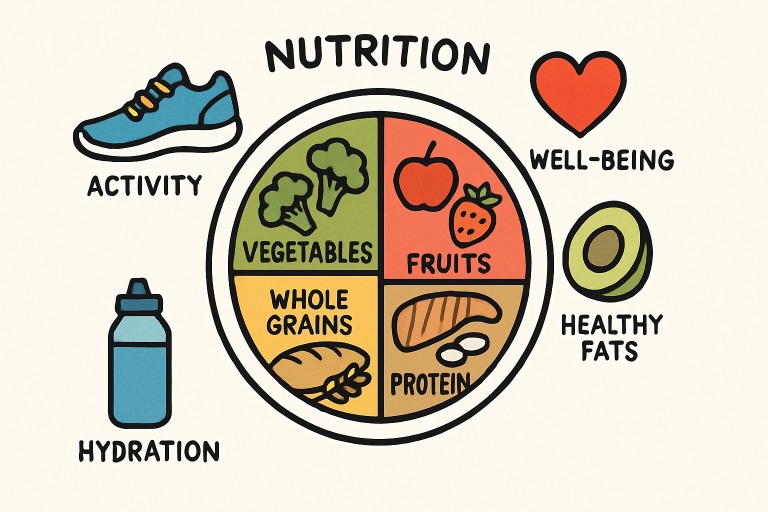What Parents Should Know About Teen Veterinary Experiences
Your teenager comes home from school bubbling with excitement about animals, constantly watching veterinary shows, and declaring they want to become a veterinarian. While this passion is wonderful, navigating the world of teen veterinary experiences can feel overwhelming for parents. With rising competition for veterinary school admission and demand for vets on the rise, early exposure matters more than ever.
Applications to veterinary schools surged nearly 19% in one year, signaling how fast competition is growing and making hands-on experience a key advantage for teens. Understanding safety protocols, program quality, and educational value becomes crucial for making informed decisions that support your teen’s dreams.
Understanding Teen Veterinary Experiences: Beyond Traditional Shadowing
Modern veterinary programs for teenagers have evolved far beyond simple observation opportunities. Interning in medicine during high school also enhances your college and medical school applications, with admissions committees valuing hands-on experience and demonstrated commitment to the field. These programs provide concrete evidence of passion and dedication that colleges increasingly seek.
Today’s teen veterinary experiences include structured learning opportunities that match developmental stages and interests. Attending a veterinarian camp is one such experience, offering immersive opportunities where teens work alongside professionals, gain practical skills, and thoroughly explore various career possibilities. These programs differ significantly from casual pet-sitting or basic animal shelter volunteering.
Age-Appropriate Veterinary Programs for Different Teen Stages
Early teens benefit from observation-based experiences that introduce veterinary concepts without overwhelming responsibility. These programs focus on teaching kids about pets through basic animal behavior education and clinic tours.
Mid-teens can handle more interactive learning opportunities. They’re ready for hands-on experiences like animal handling, basic care tasks, and equipment demonstrations under close supervision.
Late teens often thrive in pre-professional environments that simulate actual veterinary work. These intensive programs prepare them for the realities of veterinary careers while building practical skills.
Modern Approaches to Animal Care Education
Technology has revolutionized animal care education for teenagers. Virtual reality training simulations allow teens to practice procedures safely before working with live animals. Hybrid online-offline platforms combine theoretical learning with practical application.
These innovative approaches make veterinary learning more accessible and engaging than traditional methods alone.
Essential Safety Considerations for Teen Veterinary Experiences
Safety remains the top priority when selecting veterinary programs for your teenager. Understanding both physical and emotional safety protocols helps parents make informed choices.
Physical Safety Protocols in Veterinary Clinics for Teenagers
Veterinary clinics for teenagers must maintain strict safety standards. Required vaccinations typically include tetanus, hepatitis B, and rabies pre-exposure prophylaxis for programs involving direct animal contact.
Personal protective equipment standards include closed-toe shoes, scrubs or protective clothing, and safety glasses when appropriate. Animal handling guidelines teach proper restraint techniques and stress recognition in animals.
Programs should have clear emergency protocols and maintain appropriate adult-to-teen supervision ratios for all activities.
Emotional and Psychological Preparedness
Beyond academic and professional benefits, interning in medicine as a high school student fosters personal growth and deeper understanding of healthcare’s societal impact through interactions with patients and healthcare disparities.
Preparing teens for potential exposure to animal euthanasia requires careful consideration. Quality programs address this reality through counseling support and graduated exposure to difficult situations.
Managing compassion fatigue becomes crucial as teens develop emotional connections with animals while learning about suffering and loss.
Choosing Quality Veterinary Programs: Parent’s Evaluation Guide
Not all veterinary programs meet the same standards. Parents need clear criteria for evaluating program quality and safety protocols.
Accreditation and Supervision Standards
The High School Summer Internship Program at Cincinnati Children’s Hospital Medical Center demonstrates successful implementation as an eight-week program where graduating seniors work 20 hours per week with mentors in multiple specialties.
Look for programs with certified veterinary education components and licensed professional oversight. Background check protocols for all staff members ensure teen safety.
Clear supervision standards include defined adult-to-participant ratios and emergency contact procedures.
Program Structure and Learning Outcomes
Quality programs balance hands-on experiences with observational learning. They establish clear skills development benchmarks and provide certificates or recognition upon completion.
Structured learning objectives help teens understand what they’ll gain from participation while setting realistic expectations.
Maximizing Educational Value of Teen Veterinary Experiences
Strategic preparation and engagement techniques help teens extract maximum learning from their veterinary experiences.
Pre-Experience Preparation Strategies
Teaching kids about pets and basic animal behavior creates a foundation for deeper learning. Introducing veterinary terminology through books, videos, and conversations prepares teens for program content.
Setting realistic expectations helps prevent disappointment while encouraging genuine curiosity about veterinary medicine.
During-Experience Engagement Techniques
Volunteers work closely with local staff, assisting in daily care tasks like feeding, cleaning enclosures, and supporting on-site veterinary teams. Active observation journals help teens reflect on experiences and connect learning to academic subjects.
Structured questioning techniques encourage deeper thinking about veterinary procedures and animal welfare concepts.
Modern Veterinary Career Paths: Expanding Teen Horizons
Veterinary care for teens should include exposure to diverse career possibilities within animal medicine and related fields.
Emerging Specializations in Veterinary Medicine
Program topics now include biomedical research, emergency medicine, and veterinary medicine among diverse medical specialties. Conservation medicine, veterinary forensics, and telemedicine represent growing fields that appeal to tech-savvy teenagers.
These emerging specializations show how veterinary medicine continues evolving with societal needs.
Non-Clinical Veterinary Careers
Many teens don’t realize veterinary education opens doors to careers beyond clinical practice. Animal behavior training, veterinary journalism, and policy advocacy offer alternative paths for animal-loving teenagers.
Understanding these options helps teens see veterinary training as valuable regardless of their ultimate career choice.
Addressing Common Parent Concerns
Parents often worry about balancing veterinary experiences with academic responsibilities and long-term career commitment questions.
Academic Impact and Time Management
Most quality programs work around school schedules and can enhance rather than detract from academic performance. These experiences provide compelling college application material and demonstrate genuine interest in science fields.
Integration with STEM curricula strengthens academic connections while building practical skills.
Long-term Career Commitment Questions
Teen veterinary experiences help clarify career interests rather than forcing premature commitments. Many transferable skills benefit teens regardless of their ultimate career paths.
Supporting changing interests remains important as teens continue developing their identities and goals.
Final Thoughts on Teen Veterinary Experiences
Teen veterinary experiences offer invaluable opportunities for career exploration, skill development, and personal growth when chosen carefully. Parents who understand safety protocols, program quality indicators, and educational value can guide their teenagers toward meaningful experiences that support their interests and goals.
These programs don’t just build veterinary knowledge, they develop empathy, responsibility, and critical thinking skills that benefit teens throughout their lives. The investment in quality veterinary experiences today can shape tomorrow’s compassionate animal care professionals.
FAQs on Teen Veterinary Programs
1. How do high school students prepare for veterinary careers?
Students should maintain strong math and science grades, participate in extracurricular activities, achieve high standardized test scores, and gain extensive animal experience.
2. What’s one of the five most important veterinary skills?
Communication skills are essential for veterinarians who must discuss recommendations, explain treatments to owners, and provide clear staff instructions effectively.
3. Are veterinary experiences safe for teens with allergies?
Most programs accommodate allergies with proper precautions, but full disclosure during registration is essential for safety planning and appropriate accommodations.







